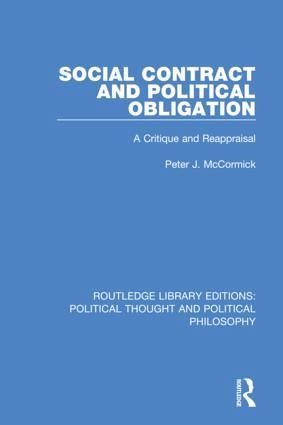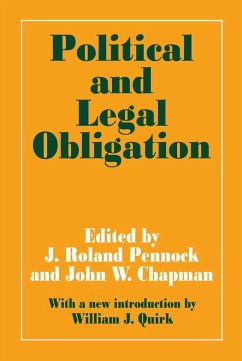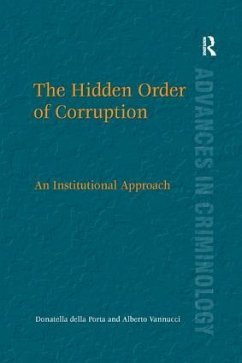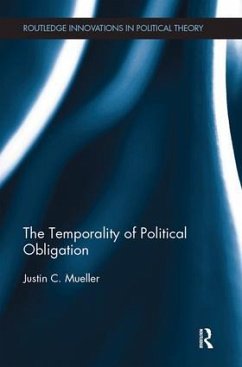
Social Contract and Political Obligation
A Critique and Reappraisal

PAYBACK Punkte
26 °P sammeln!
First published in 1987. This study is concerned with the problem of political obligation, the normative question of why one should obey the law, and with social contract thought as an answer to this question. It is entitled a critique, but the critique is not of social contract theory as such, but rather of the "orthodox" treatment of contract that yields so readily to the rough handling and easy rejection that is the normal lot of contractarianism in contemporary treatments. In its place will be suggested a reinterpretation of contract that sees it as making different assumptions and requiri...
First published in 1987. This study is concerned with the problem of political obligation, the normative question of why one should obey the law, and with social contract thought as an answer to this question. It is entitled a critique, but the critique is not of social contract theory as such, but rather of the "orthodox" treatment of contract that yields so readily to the rough handling and easy rejection that is the normal lot of contractarianism in contemporary treatments. In its place will be suggested a reinterpretation of contract that sees it as making different assumptions and requiring different premises, and that is proof against many of the orthodox refutations of social contract theory; the reinterpretation is thus in the nature of a vindication. First, from an examination of the most commonly cited champions of contractarianism (namely Hobbes, Locke and Rousseau) will be derive a reinterpretation of contract in the form of a new model or syllogism, the features of which will be brought out by contrasting it first with the contemporary ideas of John Rawls and then with the orthodox model itself. Democratic consent theory, as the heir to the remnants of the orthodox model, will be examined, and the ideas of T. H. Green will be considered as embodying an important feature of contractarianism omitted or ignored by the orthodox model (and hence by democratic theory.) Finally, the new model of contract will be suggested as a potentially useful approach to the problem of political obligation in the modern context. This title will be of interest to student of politics and philosophy.














